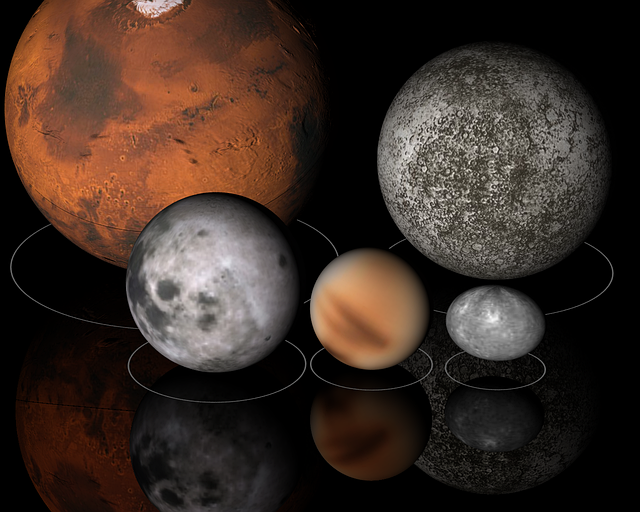In the intertwined realms of science and modern philosophy, we often encounter complex ideas that challenge our perception of reality. As we embark on a phenomenological exploration, the essence of comparison surfaces, allowing us to delve deeper into how both disciplines shape and inform our understanding of the world. Phenomenology, as a philosophical approach, emphasizes the first-person experience, making it a fitting framework to examine the interplay between scientific inquiry and philosophical thought.
Modern philosophy emerges as a rich tapestry woven with diverse threads, wherein the dialogues about reality, existence, and knowledge take center stage. This aspect of philosophy has significantly evolved, embracing a variety of perspectives that offer a distinct comparative lens against the backdrop of scientific advancement. The very core of science—empirical investigation and rational deduction—stands in contrast to the subjective interpretations that phenomenology advocates. Yet, both domains strive to uncover truths, albeit through markedly different methodologies.
When we compare science and modern philosophy, one notable distinction lies in their approach to knowledge acquisition. Science banks on observable phenomena, fostering a culture of experimentation and quantifiable results. In contrast, modern philosophy invites us to question our assumptions about existence, exploring the subjective dimension that science often overlooks. This juxtaposition lets us appreciate how the rigid frameworks of scientific inquiry can sometimes limit the richness of human experience, while philosophy expands our understanding beyond mere data points.
Take, for instance, the discussion surrounding consciousness. Science offers profound insights into the mechanics of the brain, revealing how neural processes underlie our thoughts and feelings. Yet, when we turn to phenomenology, the emphasis shifts to the experience of being conscious—the raw emotions, perceptions, and subjective realities that science can hardly encapsulate. This comparison not only highlights the limitations of a purely scientific approach but also underscores the value of philosophical exploration in enriching our understanding of the human condition.
Furthermore, the existential questions posed by modern philosophy prompt scientists to reflect on the implications of their findings. The relationship between scientific discoveries and ethical considerations is a prime example of where philosophical inquiry often comes into play. Developments such as genetic engineering or artificial intelligence surface questions of morality and human dignity, leading to a fertile ground for comparison between philosophical ethics and scientific progress. How do we reconcile the power of innovation with the responsibility that comes hand-in-hand with discovery? This intersection invites a rigorous comparison of scientific pursuits and philosophical values, making both disciplines essential to the conversation.
As we navigate the realms of science and modern philosophy, a key component becomes clear: the requirement of dialogue. The fascinating interplay between empirical evidence and phenomenological questioning cultivates a richer, more nuanced understanding of the world. By comparing these domains, we can enrich our philosophical discourse, allowing us to embrace a holistic view of reality that incorporates both the measurable and the experiential. In this comparative framework, we come to realize that the pursuit of knowledge is not a solitary path but a collaborative journey where science and philosophy complement one another, each illuminating the shadows cast by the other.




